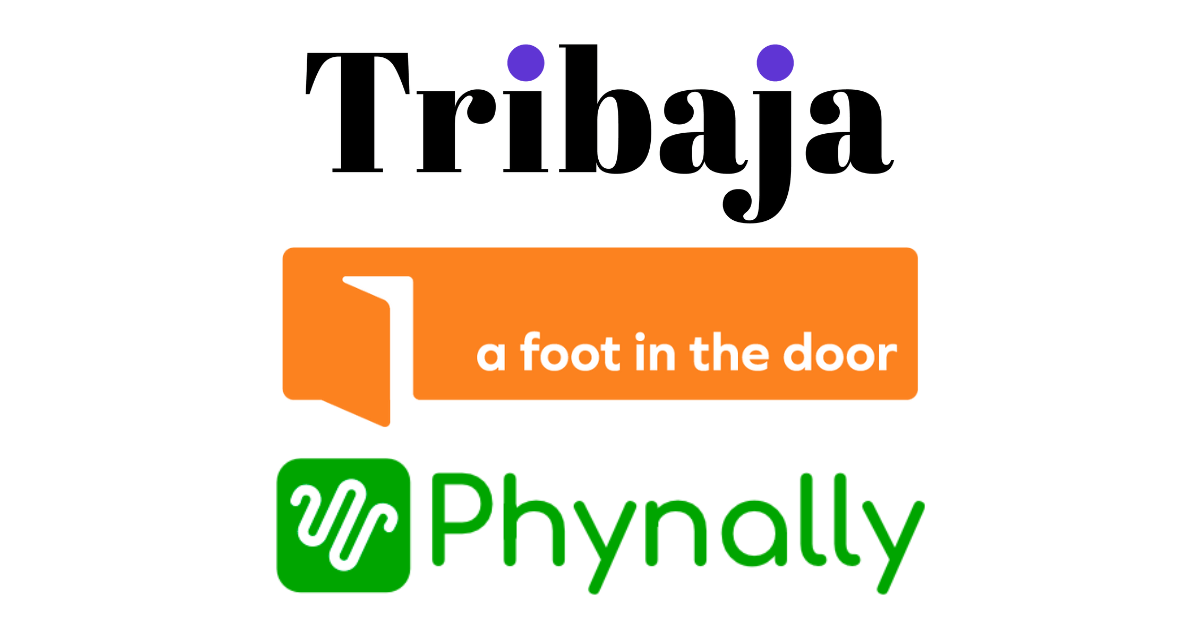KEY INSIGHTS:
- Despite layoffs and economic uncertainty 93 percent of Black and Latino workers feel confident about their job outlook.
- Career experts believe with the focus shifting from recruitment to retention companies need to work on diversifying senior leadership.
- Data shows that Black professionals leaving their current roles are focused on career resiliency over job certainty.
With companies cutting DEI efforts and roles to reduce costs, there are concerns people from underrepresented backgrounds will bear the brunt of wavering diversity pledges. Still, career experts believe Black professionals are advancing their careers, and companies looking to retain talent need to catch up.
Sticking with the status quo, it will take 95 years for Black professionals to reach talent parity across all levels in the private sector, according to McKinsey. A significant contributing factor is a lack of representation in senior leadership roles. But diversifying leadership teams is overall good business, Rosanna Durruthy, global head of diversity, inclusion and belonging at LinkedIn, told The Plug.
“Research has also shown that companies with diverse leadership teams perform better financially and talent-wise. It is not only a moral responsibility but a business imperative to address this disparity and create a more equitable workplace for all,” she said.
To attract and retain Black talent Durruthy believes companies should invest in forming employee resource groups to offer internal support, hiring people managers to define what inclusive leadership looks like and upskilling through professional development.
Tanisha Tulloch, chief people officer at EZRA, a professional coaching platform, is one such person heading inclusive leadership by building the company’s DEI strategy from the ground up. Tulloch recommends that companies searching for diverse talent, especially for tech roles, should consider alternate hiring models to balance increased salary bands. This can look like offering short-term contracts, project-based work, remote work, and more.
“I was able to go back to leadership and say, ‘Does it make sense for the job to be open and untouched for six months, for example, or do we bring in junior staff who are able to hit the ground running? You might need to guide them more, but you’ll make progress about 40 percent of the way in the next three months versus nothing in six months,” Tulloch told The Plug.
“When we get into the place of looking at checking off every single thing on the responsibility section within a job description, you tend to over-professionalize the needs of the role versus the needs of right now or of clients,” she said.
But despite announcements of mass layoffs at major corporations over the past few weeks, particularly in tech, the national unemployment rate is at a 50-year low and 93 percent of Black and Latino workers feel confident about their job outlook, according to Gorki De Los Santos, senior manager of communications at LinkedIn. They are also more likely to consider a job change this year.
Black professionals are leaving their current roles because of competitive wages and lack of career growth. They’re also looking for transparency from employers as to where they are falling short on DEI and remediation efforts.
“It’s been nearly three years since the protests and racial unrest following the murder of George Floyd where companies made significant commitments to racial equity, especially in the workplace. As some companies slowly begin to pull back inclusive and diverse-friendly programs as a result of economic uncertainty, Black professionals are still confident by seeing their jobs as just a stepping stone to their larger career goals,” Durruthy said.
Andrew McCaskill, senior director and LinkedIn career expert, said that Black professionals in particular have reimagined their relationship with work viewing jobs as “vehicles not destinations.”
“We’re now seeing the pivot from our focus being around job certainty to thinking more so about career mobility. In the last three years during the pandemic, Black professionals have spent a lot of time building their networks,” McCaskill told The Plug.
McCaskill has also seen a focus among Black professionals to focus on skill building, which recruiters are increasingly prioritizing over traditional employability markers. LinkedIn identified head of revenue operations, human resources analytics manager, and diversity and inclusion manager as some of the fastest-growing roles in the U.S. One of the things that stands out to McCaskill is that several of the top roles are focused on workforce development.
“American companies in particular have invested a lot of money in recruiting this great talent. Now, these companies are trying to figure out how to keep those folks and retain that talent,” he said.
When she was tapped by LinkedIn for her current position, it was Durruthy’s first time hearing the term “belonging” associated with DEI work. When searching if a company will be a good culture fit, Durruthy suggests searching for what the company is sharing externally around diversity and inclusion. Durruthy’s personal experiences are what led her to go into DEI-centered work.
“Being Black, Latina and lesbian, I have experienced ‘otherness and onlyness’ in the course of my career,” Durruthy said. “Ironically, diversity and inclusion didn’t exist as a profession when I started my career; however, what did exist then and continues to exist is inequity. I was motivated to help people realize their full potential.”
Similarly, Tulloch wants to dispel the belief that hiring diverse talent equates to over-accommodation, and recently being named chief people officer, she said being a Black woman in leadership is more than an individual accomplishment.
“There’s more to say about having diverse leaders than it just being for the individual. So much can be given back to the people that they are inviting in because they have a different level of understanding of what it took to get to this place,” Tulloch said.








